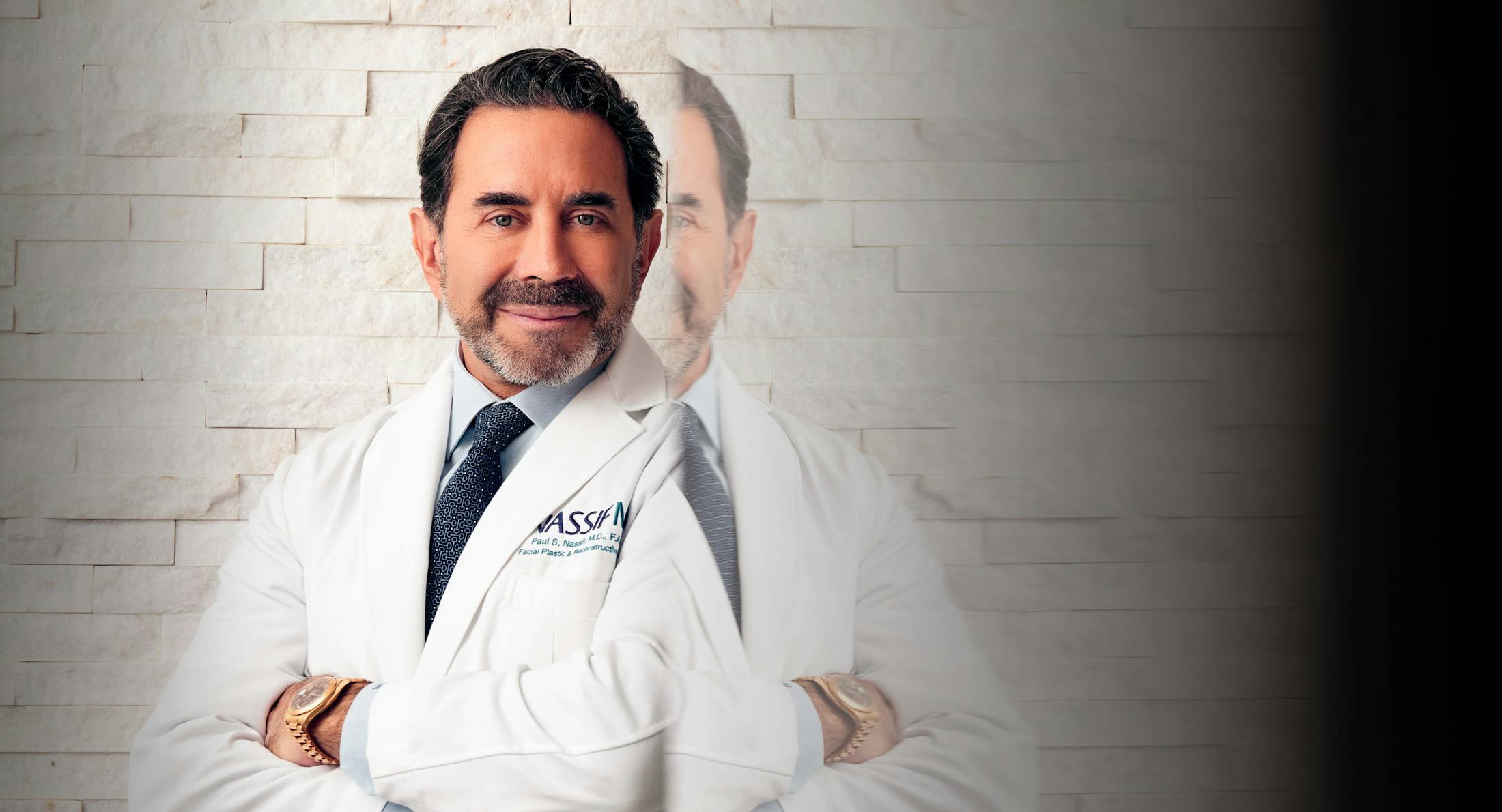Deviated septum refers to a condition in which the septum (the cartilage that builds the wall between the two nostrils) is congenitally malformed (including instances of cleft defects) or has been altered from injury or illness. A properly formed nasal septum should run straight down the middle of the nose leaving equal space on each side and creating sufficient enough room for efficient air flow through the sinuses. It is often the case that the septum is crooked enough to protrude into one or both of the nasal passages and cause difficulty with air flow and breathing.
A deviated septum can contribute to breathing and sleeping problems, which include snoring and sleep apnea. These conditions are not only irritating, they can be dangerous and even life threatening. If the nasal cavities are unable to properly drain, the passages can become blocked. This can lead to various sinus infections. A deviated septum that can lead to all of these problems may be prevented or treated through a procedure called septoplasty.
What Is A Septoplasty Surgery?
A septoplasty is a surgical procedure in which the bone and cartilage that make up the septum are reshaped, repositioned and realigned to achieve proper function of both nostrils and alleviate all of the symptoms associated with a deviated septum. It is often possible for a septoplasty to be performed without any external incisions, allowing patients to address a deviated septum without any scars or lasting facial trauma.
Septoplasty VS Rhinoplasty
While a septoplasty may reshape the nose slightly, the end goal of the procedure is functional rather then aesthetic. However, rhinoplasty (aesthetic nose surgery) and septoplasty procedures are commonly combined to achieve both functional and aesthetic goals simultaneously. There are facial and nose surgeons, such as Dr. Nassif, who are educated and highly proficient in both rhinoplasty and septoplasty procedures and who can offer patients outstanding results in both areas.
While septoplasty to address deviated septum is one of the staples of nasal surgery, many individuals who suffer from a deviated septum may not even realize the septum is at the root of their problems. While there are also a number of individuals for which a deviated septum causes little or no problems, those who experience a deviated septum resulting in breathing and health concerns may greatly benefit from septoplasty procedures.
Patients who suspect that a deviated septum is at the root of breathing, general health, or sleeping problems should make an appointment to talk to a facial or nose surgical specialist like Dr. Nassif today.

